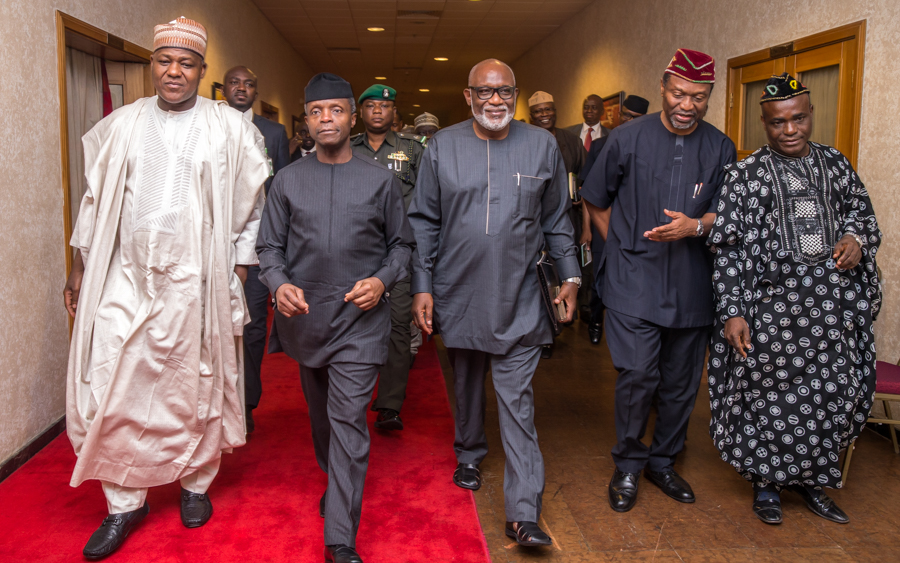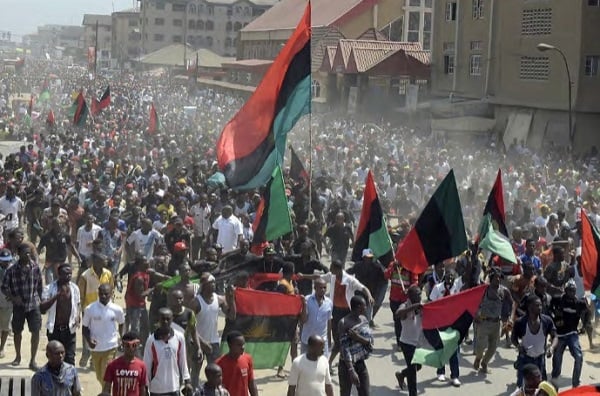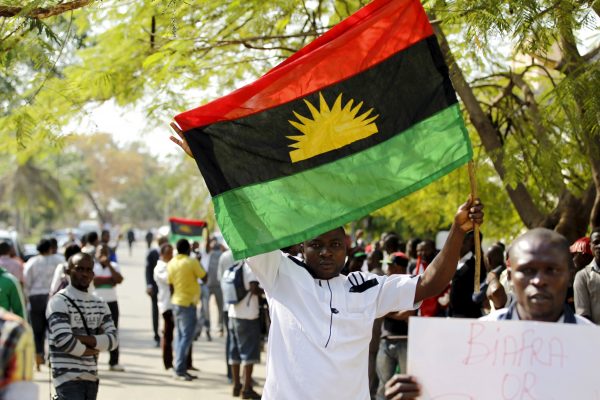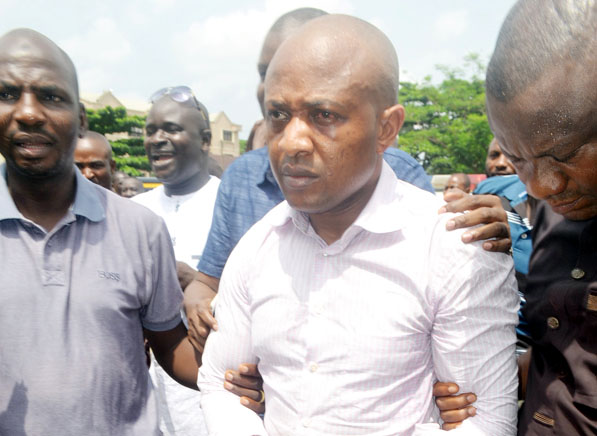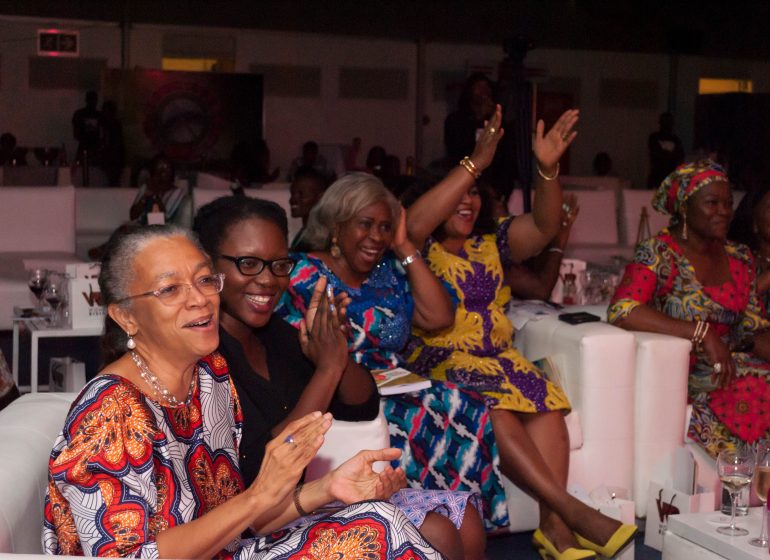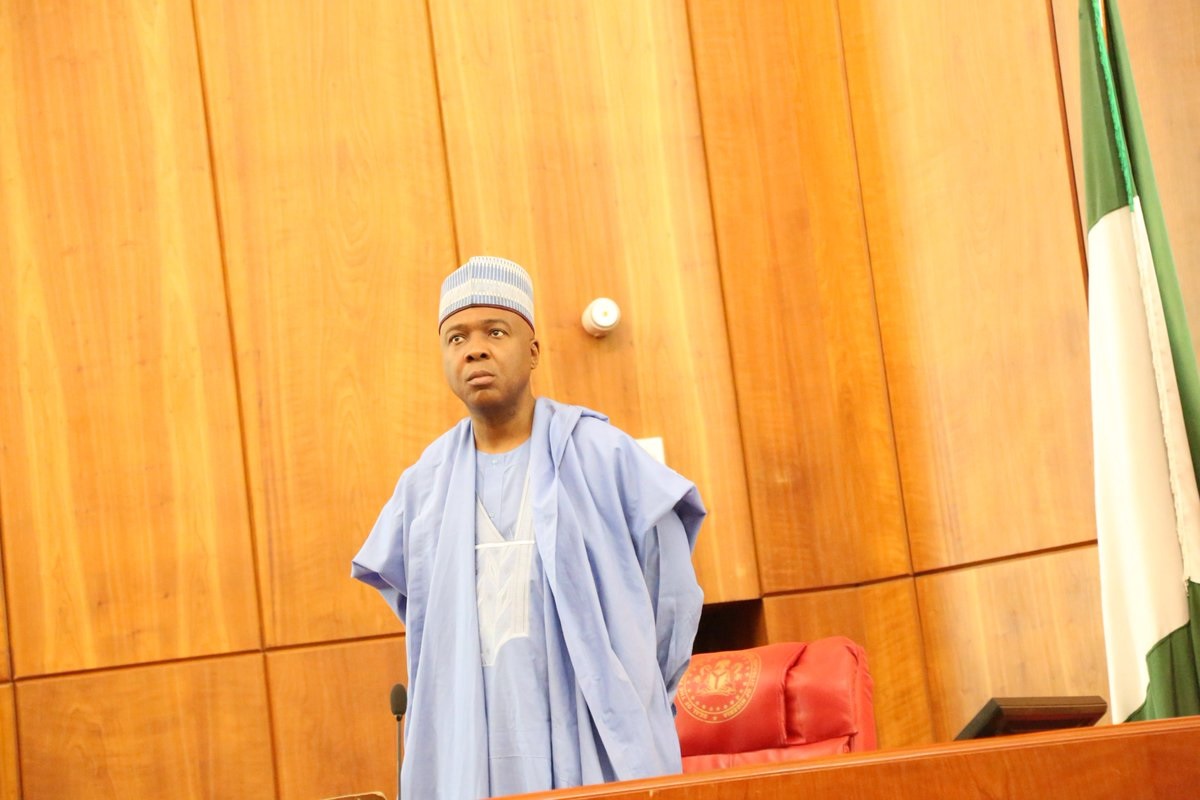In Nigeria, heroism is an easy milestone. The rest of the sane world would laugh at us if they knew. In other parts of the world that we belong to, you cannot gain the heroic status unless you did something really noble and outstanding, and mostly in the service of humanity.
But not Nigeria. Here, one could be a nonentity yesterday, attain public office by some crookery, eat fat on the bill of the country, become an emergency philanthropist amongst the people who will give one another term and thereafter become a hero.
Sometimes, people attain public office through honest means, go on to live up to the expectations of the electorate, those expectations usually not being substantial, and they are crowned the new hero in town.
That is why when a governor builds schools, resurfaces old, worn-out roads and constructs a few new ones, our people roll out the drums in ecstatic celebrations. We are a people with mean ambitions and that is one chief reason why our leaders feel no urgency about serving us with the honesty, diligence and humility that they swore to. They know full well that even when we know our rights, we would be too timid to ask questions. Most of those who we adorn with the heroic garb in Nigeria are the same people who, like the pests inhabiting the vegetable, milk us dry. But we cannot be bothered.
Advertisement
It is in the same way in which we are plagued with a warped idea of those who qualify to be called statesmen. In the dictionary of most Nigerians, anyone who has had the benefit of holding some position of weight in the country qualifies to be a statesman the moment they attain the septuagenarian milestone or thereabouts. Irrespective of how they conduct themselves in the affairs of the nation.
But for the Englishman who invented the word, statesmanship is far more serious endowment than our pedestrian understanding. The Chambers Dictionary, for instance, defines a statesman as “a person skilled in government; person who takes an important part in governing the state, especially with wisdom and broad-mindedness.” On its part, www.dictionary.com <http://www.dictionary.com> says a statesman is “a person who exhibits great wisdom and ability in directing the affairs of a government or in dealing with important public issues.”
Concerning politics, even from the foregoing definition, the average statesman is rungs above the ordinary politician in his disposition, perception and commentaries about issues that affect the polity. While it is possible for a statesman to be in politics, his vision is far ahead that of most of his peers who are mostly merely interested in gains accruable from politics.
Advertisement
The difference between real statesmen and politicians is that when the interest of the country is concerned, the former bury party, religious and ethnic interests for the common good. This why James Freeman Clarke, an American theologian and author once noted that: “A politician thinks of the next election. A statesman, of the next generation.” Jesse Rufus Fears, an American Professor of Classics, said that every statesman must possess four qualities namely: A bedrock of principles; a moral compass; vision and the ability to build a consensus to achieve that vision. It has nothing to do with age or personal accomplishments!
Take Abraham Lincoln, the 16th President of the United States of America, for example. Lincoln was assassinated at the age of 56. Yet, he is one of the most respected statesmen the world has ever seen and is ranked number11 on Ranker’s list of People We Wish Were Still Alive. Lincoln attained the hero’s status for leading the US through its civil war between 1860 and 1865. Regarded as America’s worst conflict and greatest moral, constitutional, and political crisis, he struggled through it to preserve the American union, strengthened the Federal Government, and modernised the economy. He is also noted to have made the abolition of slave trade possible. Such accomplishments serve as standards by which men and women attain this unique status.
And out of government, statesmen only see the collective interest. They are not afraid to speak to power and would go any length to snuff life out of every divisive ignition. Even when statesmen see evil, they employ discretion. You would seldom hear evil from the mouth of worthy statesmen because they eat the food of discernment and sleep on the bed of wisdom. The call of the statesman is summed up by another American clergyman, Henry T. Blackaby when he said: “Statesmen promote the general good rather than regional or personal self-interest.”
It is therefore not like the bowler hat or traditional cap that you purchase in the market, keep in your wardrobe and decorate yourself with at will. In the same breath, it is not something you have the privilege of endowing yourself with. You labour to earn the right to become a statesman and cannot stop working at sustaining the trust of the people who elevate you to such a status, otherwise your status as a statesman would very easily become history.
Advertisement
So, how many statesmen can Nigeria boast of at this point in its history? Although the media donates the benefit of this status to many of our compatriots for reason of previous accomplishments like having been federal ministers, becoming vice chancellors of universities or even by virtue of their advanced age, can many of these people really pass the competence test? How much have their principles and utterances contributed to national development and sustenance of peaceful co-existence among others?
My suggestion is that Nigeria found itself in the current perilous state as a result of the refusal of so many of those who have benefited from the resources of the country in the best of times to elevate minds and work for the good of all. Rather than come together to fight the common enemies of our survival, political and ethnic expediency have coloured the minds of many a leader and elder.
I will never be able to understand how the Boko Haram situation became such a humungous problem from the child’s play that it was at the outset. I still think that this evil could have been nipped in the bud by the intervention of political and religious leaders from Northern Nigeria. Just like these leaders look on as the Fulani herdsmen situation gets out of hand and a group of misguided northern youths send jitters across the country with their quit notice to the Igbo in the north.
Were Nigeria blessed with even just a few statesmen and stateswomen, the agitations for a new Biafra state is not likely to have escalated and grown into the national reverberation that we currently have. The turmoil that we had in the Niger Delta for more than one year post-2015 would not have occurred just as leaders of the Yoruba nation would, rather than side with the South-East or the North, have brought all parties together in the interest of Nigeria.
Advertisement
Yoruba people say that a community where there are no elders or where elders have neglected to perform their roles would go to rot. I am sorry to suggest that this is what is happening in Nigeria at the moment. Most of those who qualify to be addressed as elders in Nigeria are busy milking the country to the effect that they do not consider positive roles that they can play in the confusion that currently permeates the land.
In their individual cocoons, these elders are comfortable and happy with themselves even as the peers of their children and grandchildren are wiped out in this senseless encroachment of evil. As far as most of them are concerned, they have refused to lift a finger since their children would not be affected. And when they do lift fingers, they speak as godfathers to misguided youths who are fanning the embers of division.
Advertisement
These people who have chosen the twilight of their lives to champion violence and division are the very emblems of the dearth of statesmanship in a country that is in dire need of nurture. What they forget is that when fire gets out of hand, it could consume the man who lit it up! May these old men find the grace for remorse and seek the good of the blessed country called Nigeria?
Twitter: @niranadedokun
Advertisement
Views expressed by contributors are strictly personal and not of TheCable.
Add a comment

